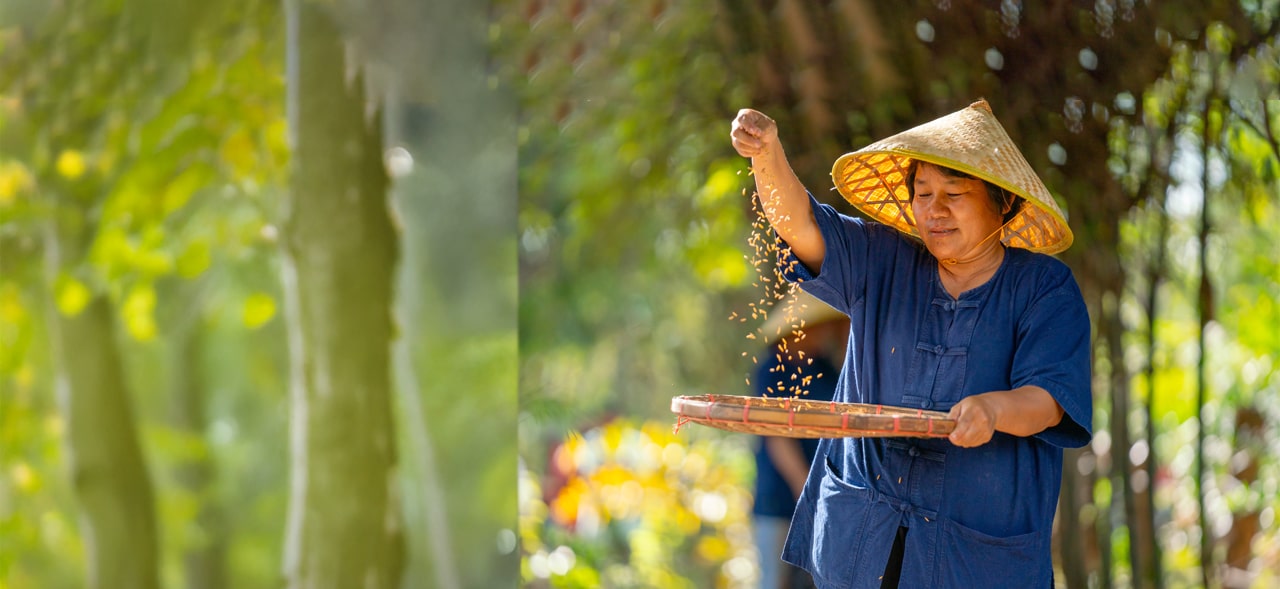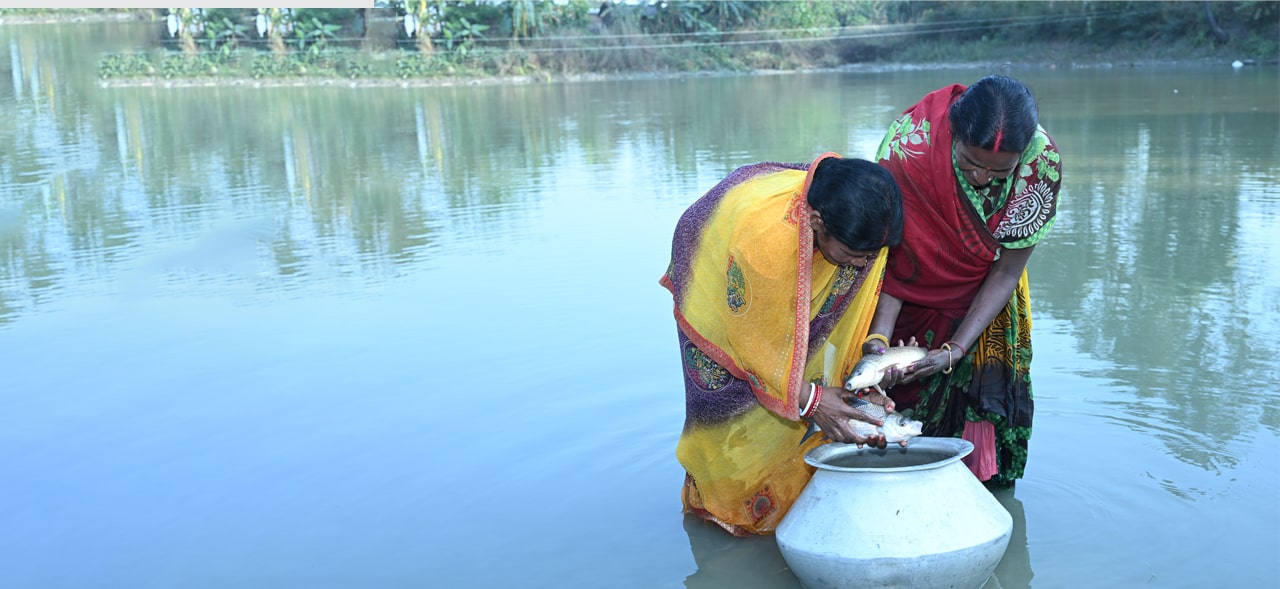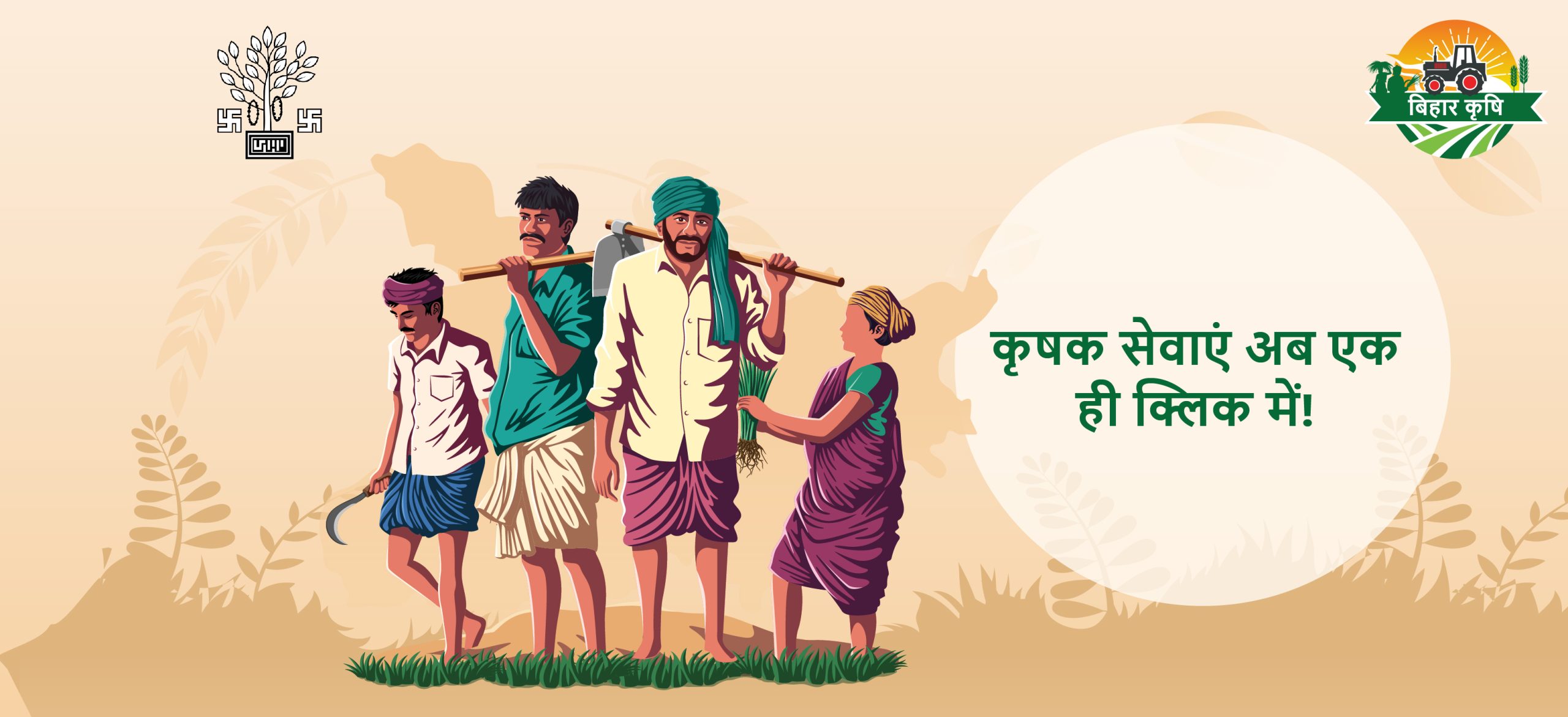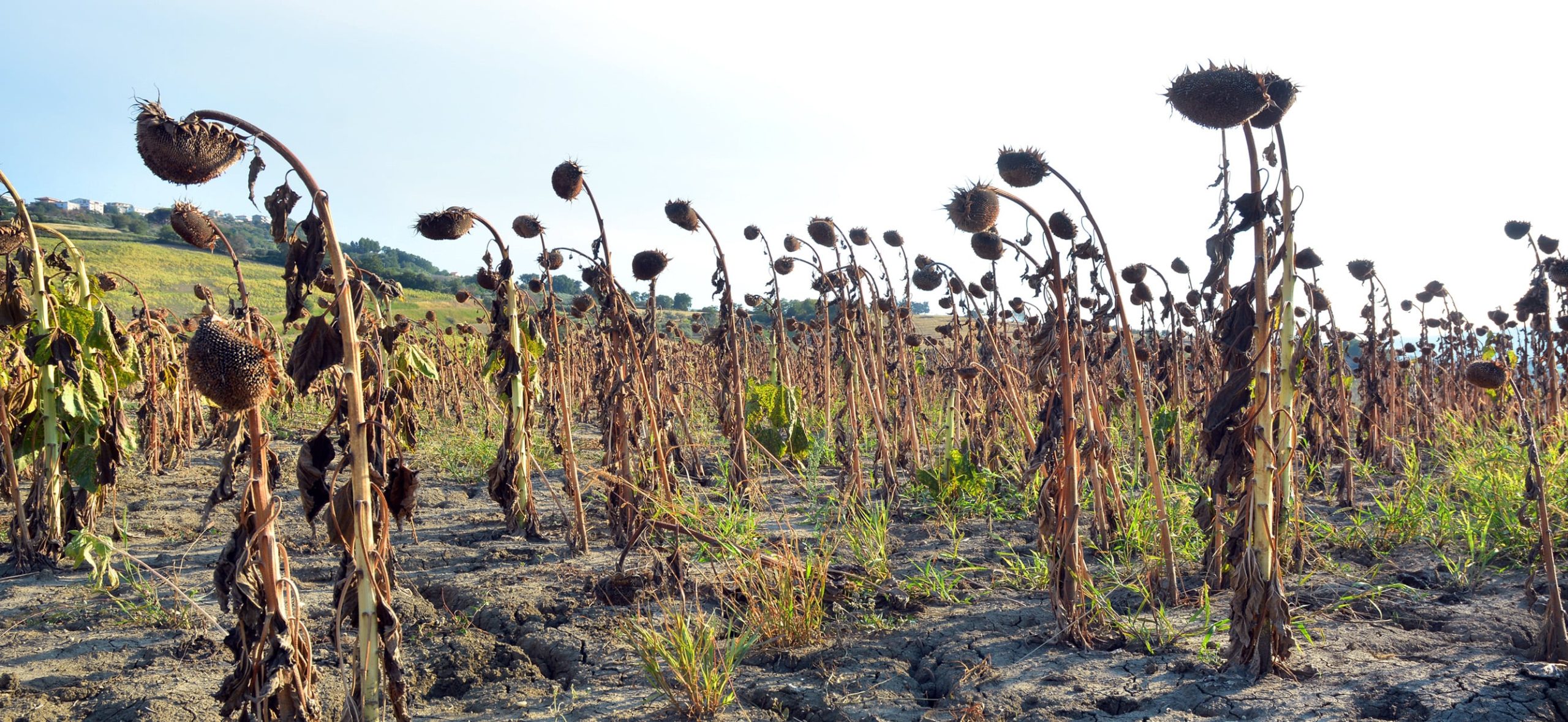Bihar Krishi, developed by MSC with the Gates Foundation’s support, is a digital platform that simplifies access to agricultural services for Bihar state’s farmers. It has empowered more than 500,000 farmers with initiatives, advisories, and financial tools.
Agriculture is the backbone of India’s economy. Yet, smallholder farmers struggle to access essential services, such as inputs, financial tools, and market linkages. Digital public infrastructure (DPI) can address these challenges through its promise of secure, reliable, and efficient service delivery.
However, if we are to truly realize the potential of DPIs, we must first understand the unique barriers that farmers grapple with across different regions. For instance, farmers in the Indian state of Bihar struggled with issues of digital literacy, fragmented services, and repetitive data entry, which limited their ability to benefit from agricultural programs. MSC developed Bihar Krishi to bridge this gap. This integrated digital platform simplifies access to critical agrarian services.
MSC designed and implemented Bihar Krishi to unify multiple ecosystems and provide farmers with a single platform for self-service and assisted access to agricultural resources. The app includes 16 modules and 35-plus features that enable users to seamlessly navigate government programs, financial services, and advisory tools. MSC ensured system integration, enhanced data privacy, and an improved user experience to support digital adoption among farmers across Bihar’s 38 districts. MSC also conducted several marketing and communication activities to promote the Bihar Krishi app’s uptake among rural users.
Bihar Krishi has transformed agricultural service delivery—more than 500,000 farmers have registered on the platform, of whom 25% are women. The app has sent 15 million advisory messages and integrated 50+ government programs to improve access to timely and relevant information.
The app has earned numerous accolades, which include a nomination for the Future of Government Awards. It also won the ETGovernment DigiTech Awards 2025. With a vision to reach 4 million farmers, Bihar Krishi continues to evolve and integrate AI-driven advisories, carbon credit solutions, and digital financing options to build a resilient agricultural ecosystem.
The Gates Foundation commissioned and funded this project. MSC implemented the project in collaboration with the Government of Bihar.
Bihar Krishi App Link
Bihar Krishi App video tutorial
Bihar Krishi App Introduction
Bihar Krishi App Yojna
Bihar Krishi App services
Bihar Krishi App grievance





